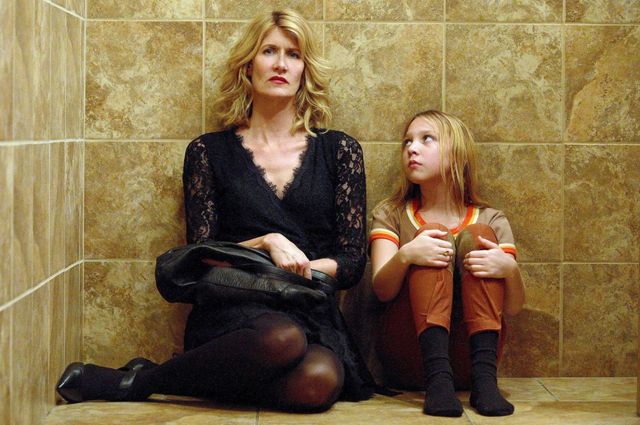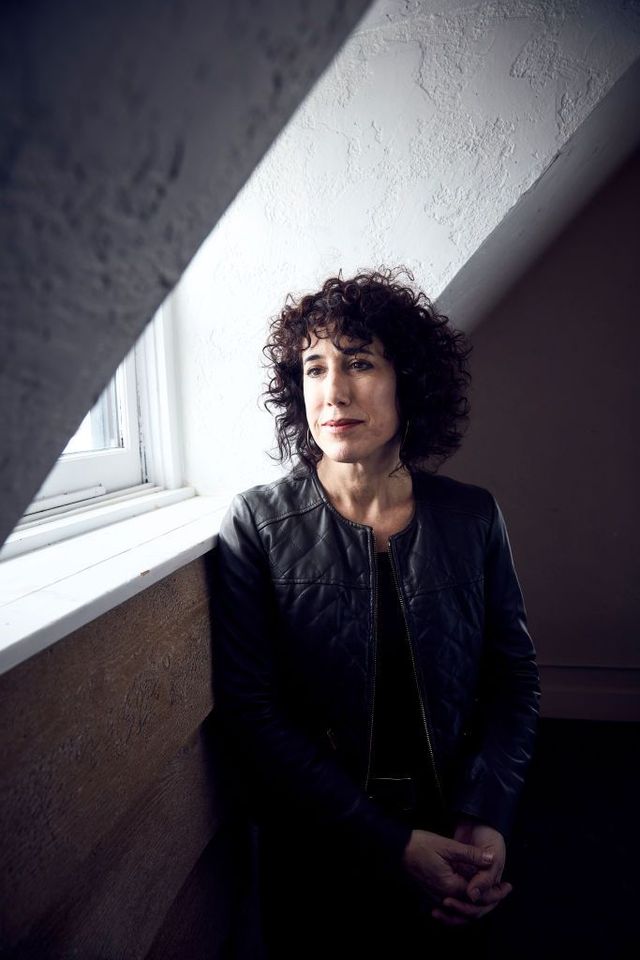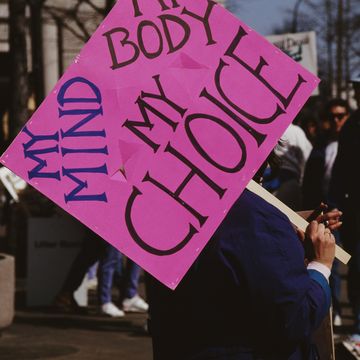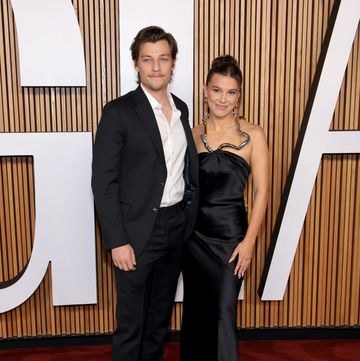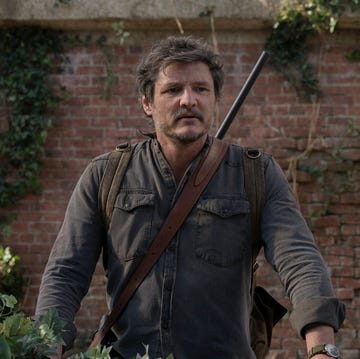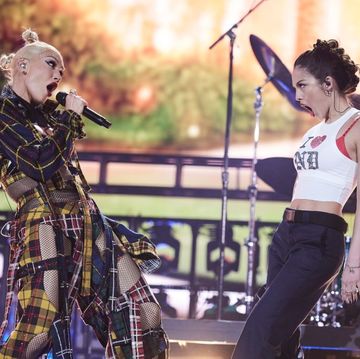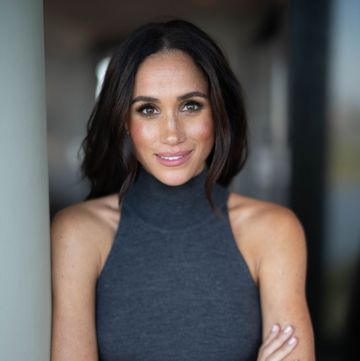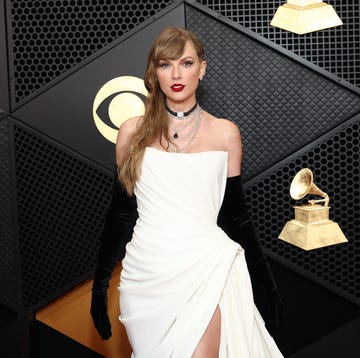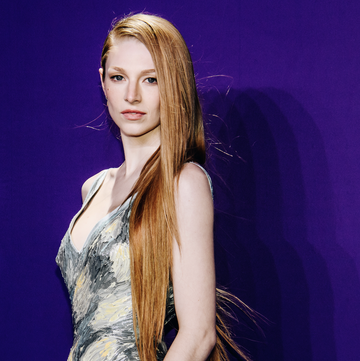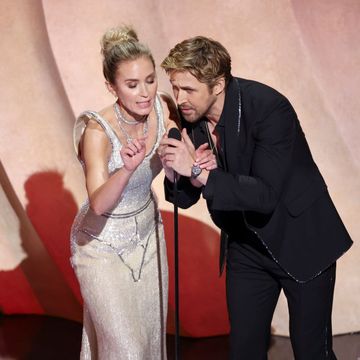The Tale received the first official standing ovation of Sundance. Lauded as a powerful "Me Too" moment with remarkable, nuanced performances from a cast led by Laura Dern, the film was poised to be a critical darling right from the start. And at a later screening, the pin-drop silence when the credits finally rolled couldn't have been a more different response, but it was no less impactful.
Renowned documentarian Jennifer Fox's dramatic debut details sexual abuse based on her own real-life experience. 'There was a lightbulb moment when I was making another film about women all around the world,' Fox told Deadline. 'It was not about abuse, but every other woman had an abuse story and it didn't matter what class, it didn't matter what culture, it didn't matter the color. Their stories just floored me because they had a system or a paradigm that looked like my story, and suddenly I couldn't see it as my own private little narrative.'
When her mother Nettie (Ellen Burstyn) finds an old short story written by a prepubescent Jenny, the now 48-year-old is thrust down a path of self-discovery, forced to investigate her own memories as she comes to terms with the fact that her mind has misremembered what was actually exploitation. The adult Jennifer (Dern) unravels as she realizes the 'relationship' she thought she had with a boyish but grown man was actually the perverse outcome of grooming, not just by Bill (Jason Ritter), but also by her horseback riding coach and mentor, Mrs. G (Elizabeth Debicki).
The film is unflinching and unapologetic, depicting how a child, lost amongst a large family, is manipulated and groomed by two adults responsible for her care. Every detail is laid bare, including the multiple harrowing rapes of young Jenny (the impressive Isabelle Nélisse, playing the role with empathy, intelligence, and grit). Yet the adult Jennifer emphatically denies her trauma and snarls at her fiancé (Common), who wants her to admit the abuse. 'Don't you dare call me a victim,' she spits, before shutting him out when she needs him most. She also shrugs off Nettie's concern, anger, and guilt, unable to accept her mother's pain until she comes to terms with her own.
Memoir is not the perfect description for The Tale. The final confrontation between Jennifer and her abuser—brilliantly acted by Dern and almost as uncomfortable to watch as the multiple assaults—never actually happened, and the film weaves through 'interviews' between Jennifer, her 13-year-old self, and the younger versions of the other people involved. These additions only add to the messy way Jennifer's memories shift and change based on new information, and this is by design. There are no perfect victims, and one of the many reasons women often don't come forward is because memories have a habit of changing, leaving a survivor to question their own version of events.
It's painful to watch this woman process a past that was so much darker than she believed. But perhaps that's why this film is so important. We aren't ever prepared to suffer abuse, and that makes the experience that much more confusing and difficult to face. Yet if we continue to share these stories, unabashedly and without coats of sugar, maybe more women won't lay awake at night, mistrusting their own minds.
